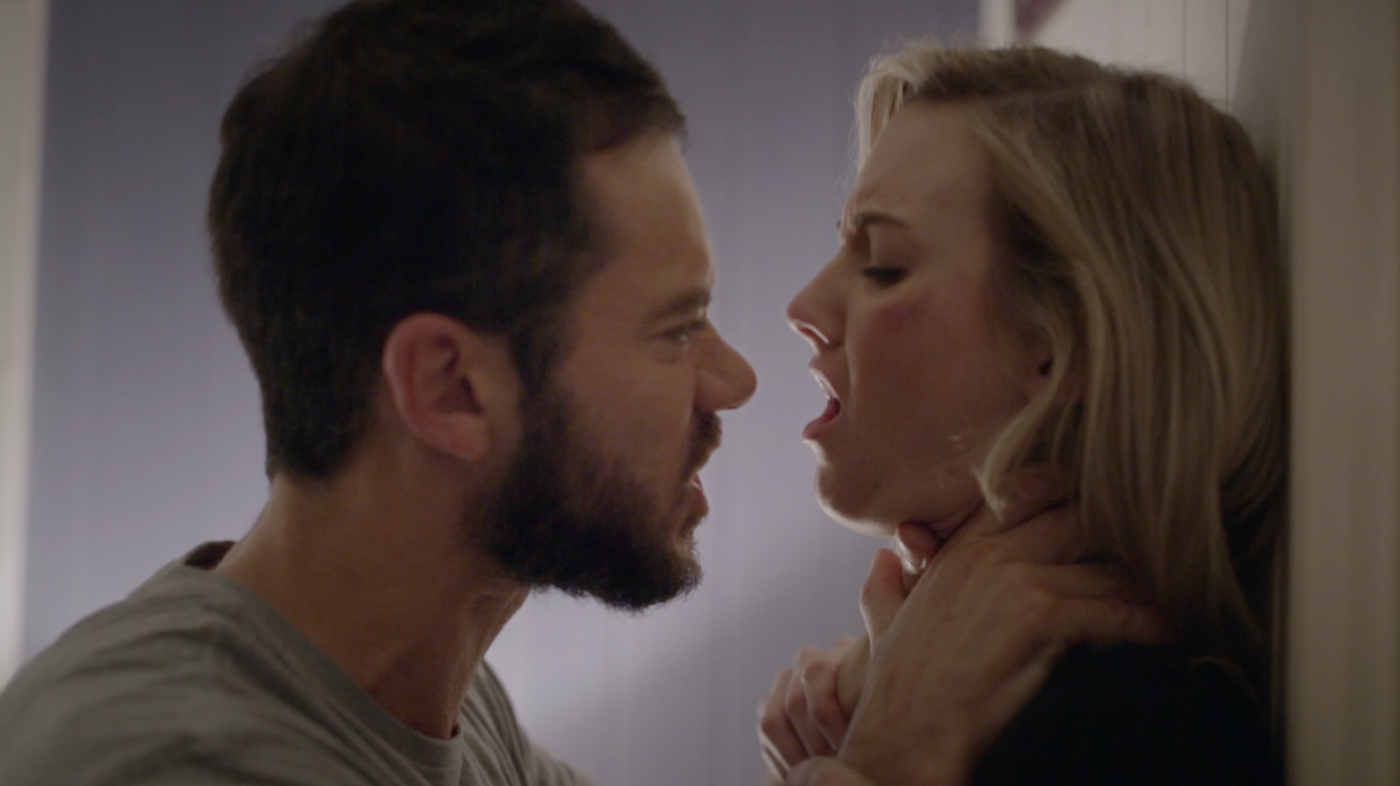Some people think that to have an abusive partner means physical violence, but it can also be emotional, where one person maintains power over another using threats, intimidation or isolation. This kind of abuse tends to get worse over time.
Most relationships have their ups and downs, but abuse of any kind is unacceptable. If your partner is physically violent, you need to leave the relationship.
Make a safety plan
Leaving an abusive relationship is not always easy. You’ll need advice and support to develop a safety plan. Talk to a trusted friend or family member or to a relationship counsellor on one of these help lines:
The Line
1800 695 463
Offers 24/7 telephone advice for young people about relationships and relationship violence.
National Sexual Assault, Domestic Family Violence Counselling Service
1800 737 732
Offers 24/7 telephone and online advice and assistance for anyone who has experienced, or is at risk of, sexual assault or domestic violence and also helps find services in your area.
Whatever you do, DO SOMETHING. If you do nothing then nothing will change.
But I’m not being physically hurt
Your partner may not be physically violent but the effects of emotional abuse can be equally devastating. An emotionally abusive partner may:
- Frequently criticise or humiliate you
- Ridicule you for expressing yourself
- Isolate you from friends, family or other social groups
- Limit your access to work, money or material resources
Over time, you lose confidence, withdraw and may become depressed, which makes it even harder to see the reality of what is going on. You might also:
- Avoid talking about certain topics out of fear of angering your partner
- Feel that you can’t do anything right
- Believe that you deserve to be hurt or mistreated
- Wonder if you are the ‘stupid’ one
- Feel emotionally numb in the relationship
If any of these apply to your relationship, please talk to a close friend, doctor or to a counsellor on one of the lines above.


